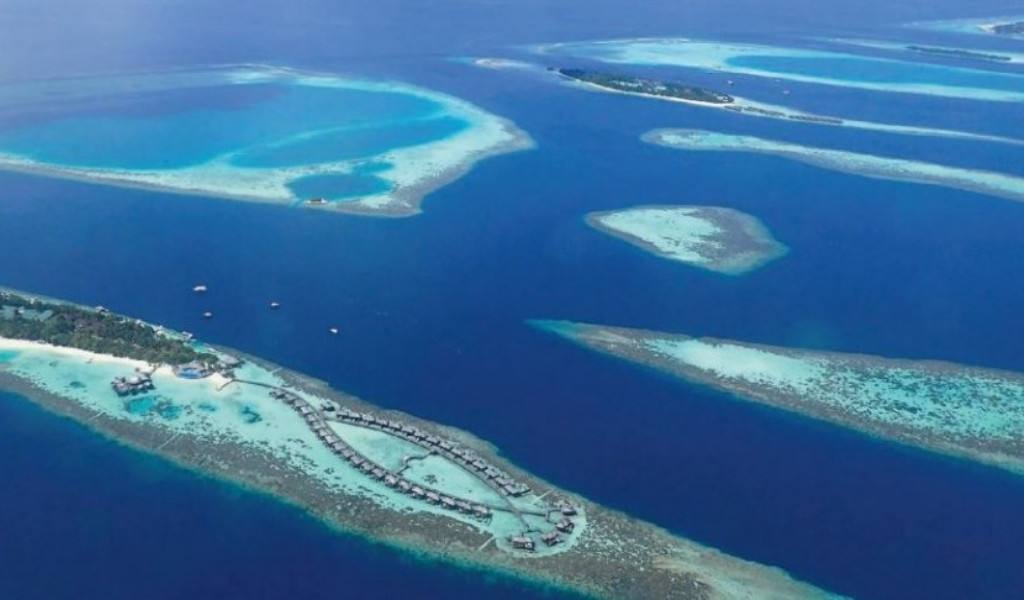
The Time to Take Action Against Climate Change is Now
The Intergovernmental Panel on Climate Change (IPCC) issued its sixth assessment report which finds that, more than ever before, climate change is causing dangerous and widespread disruption to both human societies and the natural world.
The report warns that communities and ecosystems least able to cope with the impacts of climate change are being hit the hardest. The report reiterates that the window of opportunity to slash greenhouse gas emissions, as well as to adapt to climate change, are narrowing as temperatures continue to rise and the world approaches the 1.5-degree threshold, after which many devastating climate impacts become irreversible.
The report explains how small island developing states are increasingly affected by temperature increases, bigger storms, changing rainfall, sea-level rise, coral bleaching, flooding, and threats to food and water security. It indicates that “despite contributing least to global warming, small islands are being impacted first and most severely by climate change”.
“The world is failing to stop climate change, and we are fast approaching a point of no return, threatening life not just invulnerable countries like the Maldives, but everywhere,” said Aminath Shauna, Minister of Environment, Climate Change, and Technology.
“We need renewed global efforts to rapidly decarbonize the global economy. Vulnerable countries like the Maldives also need urgent help so we can properly adapt to climate change, as well as hit our own net-zero targets.”
Minister Shauna also called for a dedicated financing facility to support the most vulnerable countries, which are already suffering significant losses and damages caused by climate change.
The Ministry of Environment, Climate Change and Technology assures that the Government’s climate change agenda towards resilience building and adaptation efforts will be enhanced based on the findings of this report
.
Ongoing efforts and implementation work related to coastal protection, flood mitigation, water, and food security, sustainable economic development, sustainable management of reefs, biodiversity, ecosystems, climate proofing of critical infrastructure, and health and wellbeing of our communities will be strengthened to promote climate-resilient development.
The efforts made by the IPCC, the scientific teams, and all those who have contributed to producing this important report have been commended, especially during a very challenging time.